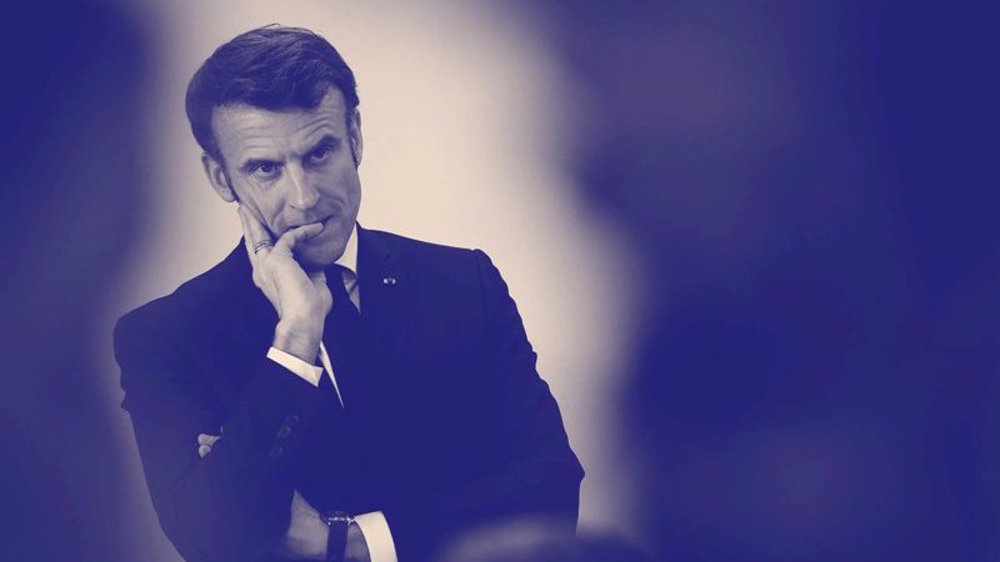EU ministers agree to tighten checks on Schengen borders
The European Union has reportedly agreed to tighten controls on all travelers, including European nationals, at the borders of the 28-nation bloc’s passport-free area, known as Schengen.
Sources in the EU said on Friday that the bloc’s interior ministers decided during emergency talks in Brussels to carry out more border checks on the people traveling across Europe in an alleged bid to block the entry of suspected terrorists into European states.
The decision came a week after a series of shooting and explosions, claimed by the Daesh Takfiri terror group, in the French capital Paris killed 130 people and wounded over 350 others.
The terror attacks in Paris have left Europe in shock and fear, prompting security services in many European states to be on high alert.

The concerns about Schengen rules were heightened after France’s Interior Minister Bernard Cazeneuve said he had received intelligence that the suspected mastermind of the Paris assaults, Abdelhamid Abaaoud, who was reportedly among those killed in a French police raid, had passed through Greece on his return from Syria.
During the talks, the EU ministers also backed France’s call for a fundamental revision of the previous Schengen rules.
“Member states undertake to implement immediately the necessary systematic and coordinated checks at external borders, including on individuals enjoying the right of free movement,” according to a draft copy of a statement from the meeting.
The travelers will now have their passports examined at the borders while their personal information will also be checked with databases, the sources said.
The 1995 agreement allows passport-free travel for citizens of 22 EU countries, plus non-EU Norway, Switzerland, Iceland and Liechtenstein.
Luxembourg Justice Minister Etienne Schneider, who chaired the emergency meeting, said the EU Commission was assigned with the responsibility to look into the changes in the Schengen system so that the loopholes are closed.
He added the members also agreed to “considerably strengthen” means to cooperate to combat extremism.
France’s upper house of the parliament, or the Senate, also voted on Friday to extend the state of emergency in the country by three months.
The measure, which had gained the approval of the French MPs in the lower house on Thursday, will enable the police to carry out extended search and arrests while the Interior Ministry will be allowed to crack down on online content which it deems provoking. France has not seen such extensive restrictions for almost 60 years.
Dec. 22: ‘Axis of Resistance’ operations against Israeli occupation
‘Abhorrent’: Oxfam says only 12 trucks delivered aid in North Gaza since Oct.
VIDEO | Leader receives religious eulogists on Hazrat Fatima birth anniv.
Pope Francis slams Israel’s ‘machine-gunning’ of Gaza children
US hostage-taking of Iranian nationals violation of intl. law: Deputy FM
VIDEO | Carol Singers for Palestine on London’s Parliament Square
Ansarullah says ‘Israeli terrorists’ incapable of confronting Yemen, warns of secret weapons
VIDEO | Yemenis praise the military for its successful operations against Israel










 This makes it easy to access the Press TV website
This makes it easy to access the Press TV website